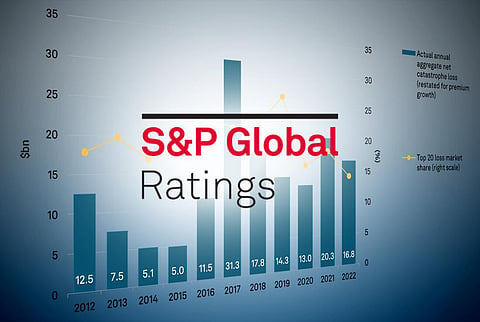
- NEWS
- the EDIT
- COMMENTARY
- BUSINESS
- LIFE
- SHOW
- ACTION
- GLOBAL GOALS
- SNAPS
- DYARYO TIRADA
- MORE

S&P Global Ratings gave sovereign foreign-denominated bonds offerings this year worth $3.5 billion an investment grade of BBB+.
The rating means the country has enough capacity to repay its loans but, to some extent, is vulnerable to certain external economic risks.
In a press release on Thursday, S&P said the long-term credit rating applies to the Philippines’ benchmark-sized US dollar-denominated senior unsecured bonds.
“The bonds represent direct, general, unconditional, unsecured, and unsubordinated obligations of the Philippines (BBB+/Positive/A-2). They rank equally with the sovereign’s other unsecured and unsubordinated debt obligations,” S&P said.
The statements came after Finance Secretary Ralph Recto shared with Bloomberg that the government is eyeing to raise $3.5 billion in the first half.
He said the government already started talks with eight banks.
To mitigate risks from foreign exchange, Recto said the government will mostly borrow from domestic sources for an 80 percent share of the total debt.
Recto spoke with Bloomberg on the sidelines of the World Economic Forum in Davos, Switzerland which runs from 20 to 25 January.
The Marcos administration expects the Philippine economy to grow by 6 to 8 percent this year until 2028, as investment policy reforms and low inflation strengthen private consumption and employment rates.
In November last year, S&P upgraded the Philippines’ credit outlook from stable to positive, signaling higher chances for “A-” rating which will attract even more investors to the country and low-cost loans for job-generating projects.
However, Bank of the Philippine Islands vice president Marco Miguel Javier said the government needs to build up more US dollar reserves against external shocks, such as trade disruption from the Ukraine-Russia war. “Our external debt reached $139.6 billion versus our $112 billion in international reserves as of the third quarter last year,” he said.
